EdRev Expo 2019 Workshop: From Exhaustion to Empowerment—A Closer Look at Behavior Management [presentation]
Build your student’s confidence and independence through strengths-based behavior management – and avoid exhausting power struggles. The first step is a shift in thinking about why challenging behavior occurs. Presenter Alexis Filippini, PhD, explores the intersection of old-school behavior science and modern mindfulness to support young people in developing skills to manage their own behavior. Read more ›
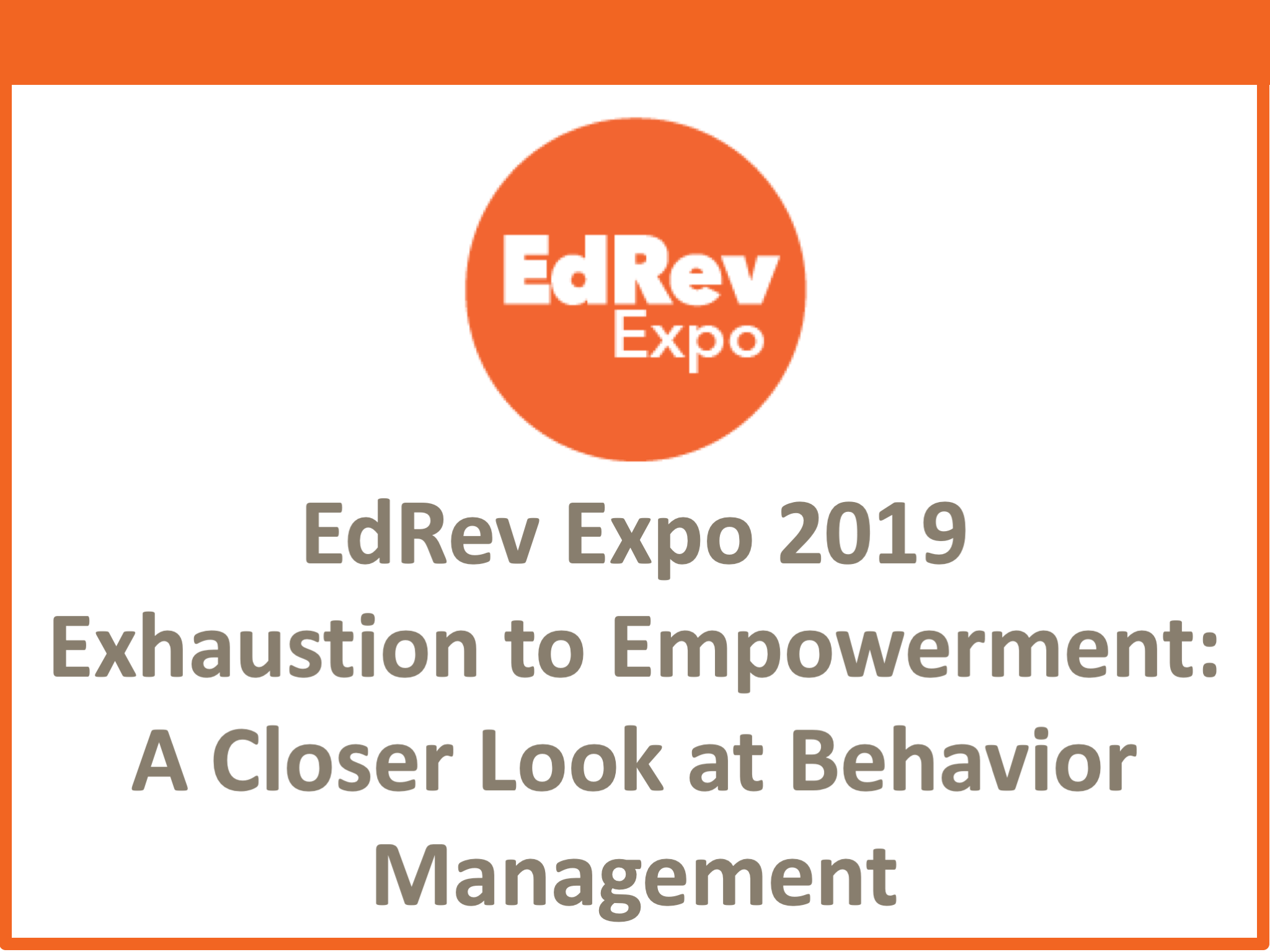
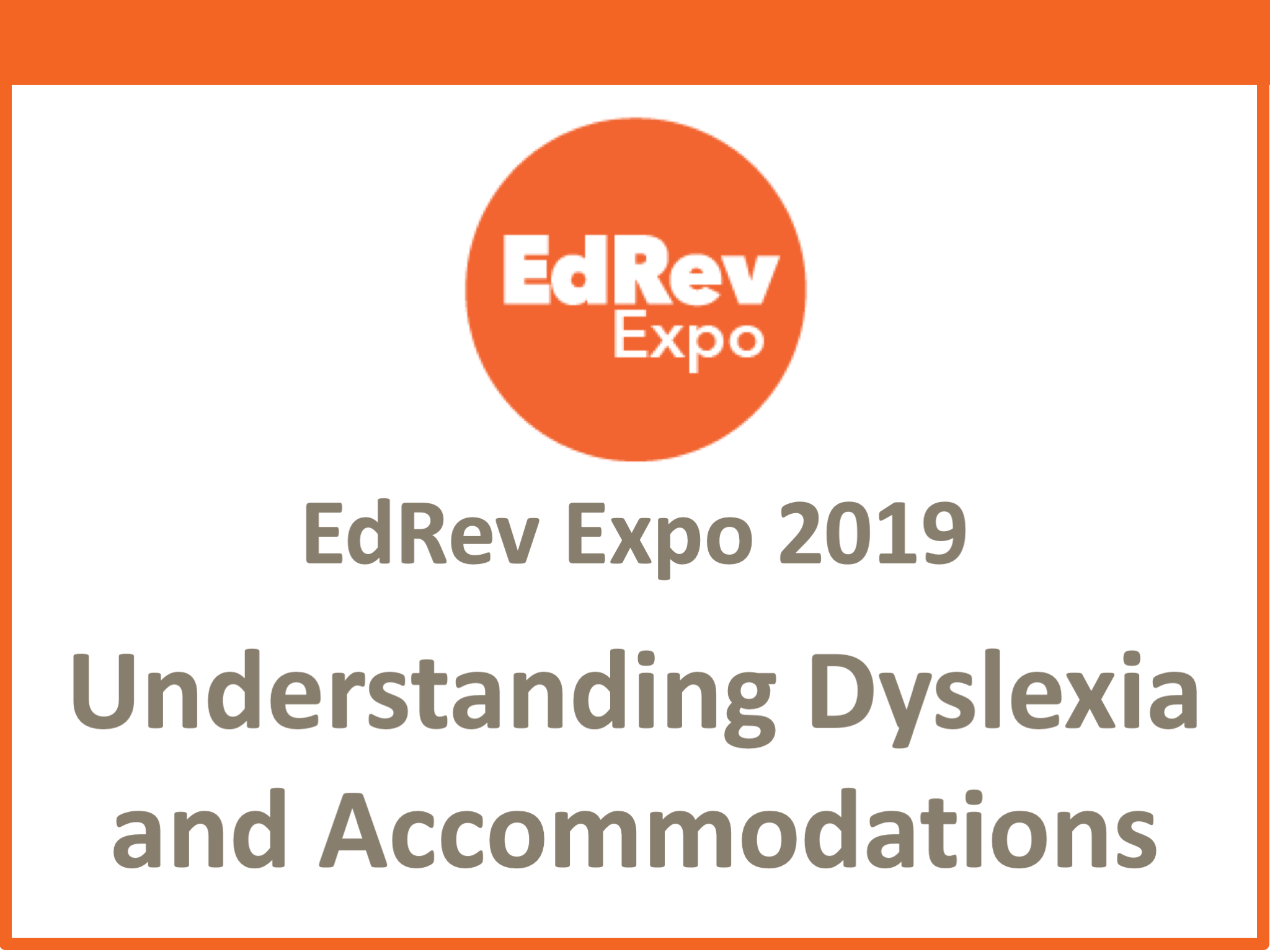
 Educators are trained to provide students with the help they need to thrive both academically and socially. It’s important, however, to recognize that our experiences may be, and most likely are, very different from what our students experience today.
Educators are trained to provide students with the help they need to thrive both academically and socially. It’s important, however, to recognize that our experiences may be, and most likely are, very different from what our students experience today. 


 When I say hip-hop provides access to healing, I mean that it can be used as a tool to boost self-expression, reflection, processing and coping skills for emotional regulation. It can help kids create a personal narrative, challenge their thoughts and become a true catalyst for change.
When I say hip-hop provides access to healing, I mean that it can be used as a tool to boost self-expression, reflection, processing and coping skills for emotional regulation. It can help kids create a personal narrative, challenge their thoughts and become a true catalyst for change. 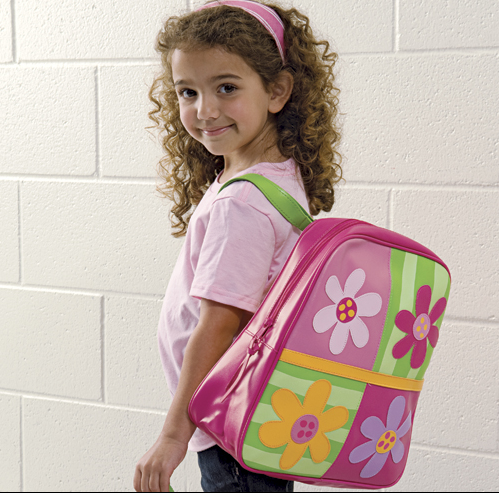
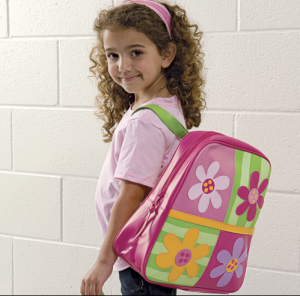 In 2014, more than 6.5 million children in the United States between the ages of 3 and 21 received special education services. On
In 2014, more than 6.5 million children in the United States between the ages of 3 and 21 received special education services. On 
 The California Department of Education’s
The California Department of Education’s 
 Recess, for most children, is synonymous with freedom. A break from class that has nothing to do with learning and everything to do with play.
Recess, for most children, is synonymous with freedom. A break from class that has nothing to do with learning and everything to do with play.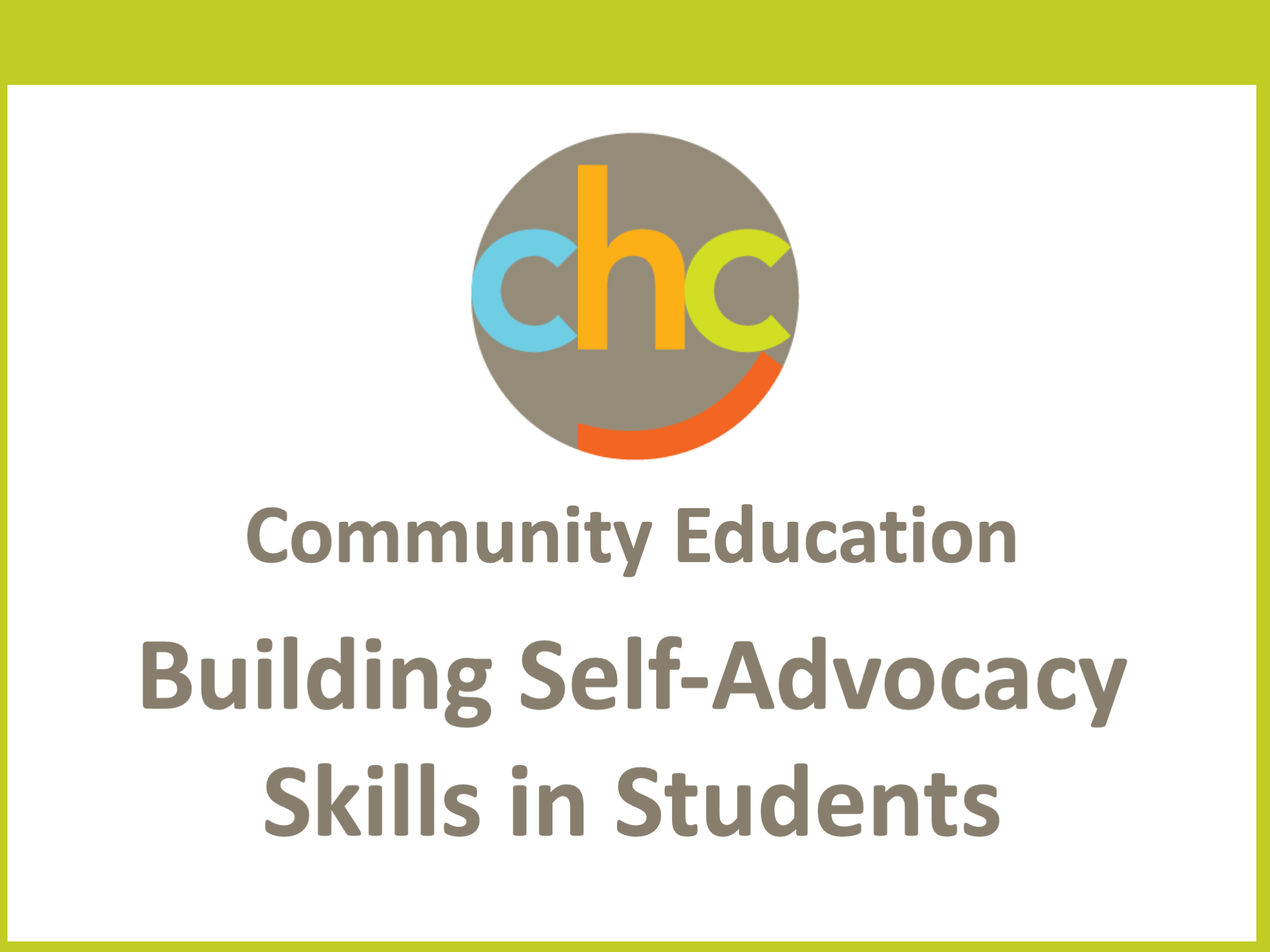
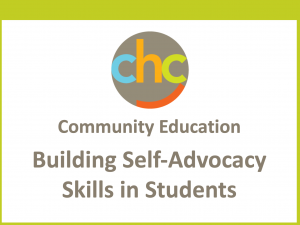 Before we can expect students to self-advocate, they need to recognize and embrace their innate strengths, character attributes and areas of challenge. Once they can do this, then we can help them progress towards Self-Determination. Chris Harris, MEd, Director of EBC Schools at CHC, examines this well researched theory and show how it serves as the foundation for students exercising self-advocacy at school.
Before we can expect students to self-advocate, they need to recognize and embrace their innate strengths, character attributes and areas of challenge. Once they can do this, then we can help them progress towards Self-Determination. Chris Harris, MEd, Director of EBC Schools at CHC, examines this well researched theory and show how it serves as the foundation for students exercising self-advocacy at school. 
 Read-alouds are pretty much a daily standard in elementary schools. But in middle school? Not as much.
Read-alouds are pretty much a daily standard in elementary schools. But in middle school? Not as much.

